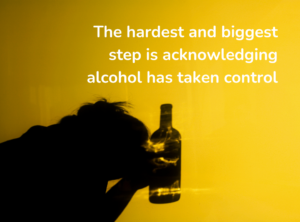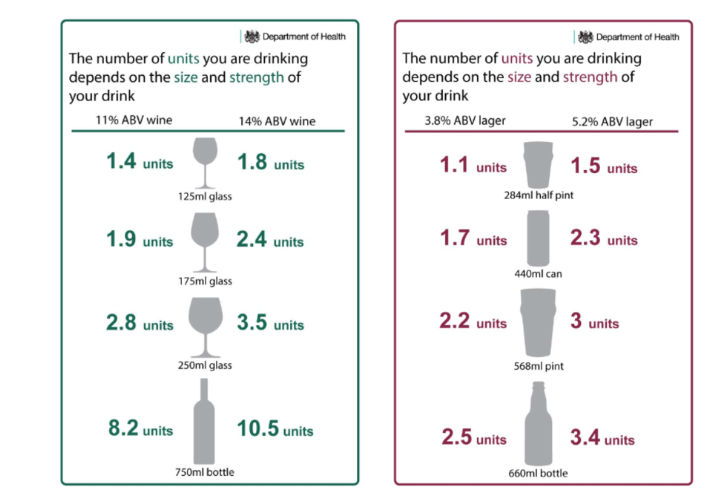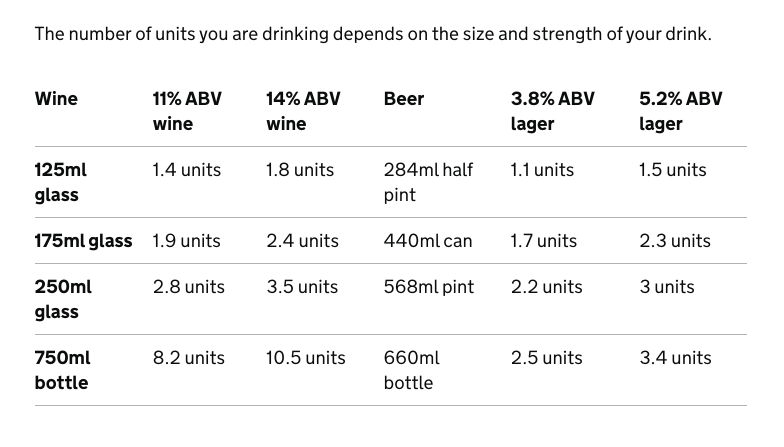Alcohol and domestic abuse
This week is Alcohol Awareness Week – a week of awareness-raising campaigning for change. From health issues, financial worries, relationship breakdowns, and family difficulties, the harm caused my the alcohol affects millions of people each year.
Alcohol is a known unhealthy coping strategy for victims of abuse when trying to manage their situation. However, if this is used as a coping strategy on a long-term basis, alcohol intake could become an issue. It is also well known that alcohol can magnify issues, which can cause perpetrators who drink to become more abusive.

Alcohol and domestic abuse
Alcohol alone is not the cause of domestic abuse, and it is never an excuse. However, there are many links between the two:
- Drinking and domestic abuse often occur at the same time
- Abuse can be come more severe when alcohol is consumed
- Controlling access to alcohol can become part of the abuse
- Those experiencing domestic abuse can use alcohol as a coping mechanism
- Alcohol can leave an individual more vulnerable to further abuse
Alcohol Change has lots of information about alcohol and domestic abuse, including what to do if you are experiencing domestic abuse and alcohol is involved – learn more on their website or access their factsheet here.
What is a unit?
Do you know what a unit is? Do you know what the healthy guidelines for alcohol intake is?


*Source: gov.uk
It’s recommended to drink no more than 14 units of alcohol per week, spread across 3-days or more. There’s no completely safe level of drinking, but sticking within these guidelines lowers your risk of harming your health.
The facts
- In England, there are an estimated 602,391 dependent drinkers and only 18% of those are receiving treatment
- 24% of adults in England and Scotland drink regularly over the Chief Medical Officer’s low-risk guidelines, and 27% of drinkers in Great Britain binge drink on their heaviest days
- Alcohol is a depressant
- Alcohol changes levels of serotonin and other neurotransmitters in the brain, which can worsen anxiety. In fact, you may feel more anxious after the alcohol wears off.
- If you are heavily alcohol dependant, severe withdrawal effects can be life threatening.
- Alcohol misuse is the biggest risk factor for death, ill-health, and disability among 15-49 year-olds in the UK
Alcohol services
Do you drink more than you would like to and know where to go for support?
There are services available to determine if your alcohol consumption is becoming, or is problematic. Click here for more information.
If you are ready for taking the next step in changing your drinking habits the service for Nottinghamshire is Change Grow Live. They are a great friendly service that can help you to reduce your alcohol intake. Visit their website here.
For more information about alcohol, factsheets and where to get support, visit www.alcoholchange.org.uk.
There is treatment available, and it is freely provided by the NHS or charities. If you or someone you know needs treatment for their alcohol consumption, there are some fantastic information and services to reach out to as explained on Alcohol Change.
If you or someone you know needs support with any aspect of domestic abuse, please contact us on 01623 683 250 or email [email protected].
The Nottinghamshire 24-hour helpline can be contacted by calling 0808 800 0340, and the national 24-hour helpline ran by Refuge can be reached by calling 0808 2000 247.